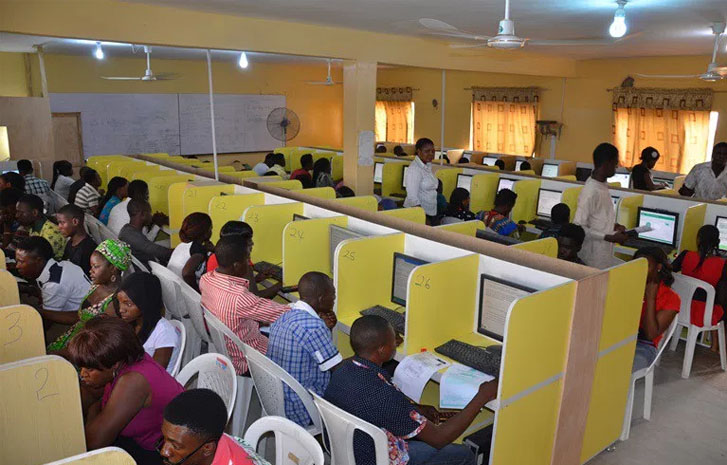The Senate, on Wednesday, read for the third time and passed a Bill that seeks to end discrimination between First Degrees graduates from universities and Higher National Diploma (HND) holders from polytechnics in the country.
The passage of the Bill followed the consideration of the report of the Senate Joint Committee on Establishment and Public Service Matters; and Tertiary Institutions and TETFUND, during plenary.
Chairman of the Joint Committee, Senator Ibrahim Shekarau, in his report, said: “The enactment of the bill to abolish and prohibit discrimination between First Degrees and Higher National Diploma for the purpose of employment in Nigeria will no doubt free holders of HND from stagnation and ensure balanced treatment with their counterparts from other higher tertiary institutions in Nigeria.”
He added that the abolishment of the existing dichotomy between HND holders and graduates of Universities would meet the huge manpower needs of Nigerians, ensure social justice and enhanced corporate governance as well encourage patriotic contributions amongst HND employees in both public and private sectors.
Senate President, Ahmad Lawan, in his contribution, said the passage of the Bill would serve as motivation for polytechnic graduates.
He called on the public and private sectors to ensure the implementation of the Bill’s provisions as soon as it is signed into law by President Muhammadu Buhari.
“This particular issue has been in the front burner for a long time. I recall that in the House of Representatives between 2003 and 2007, this was one bill that was so important, and is one way of encouraging our Polytechnic graduates.
“That should not take away from the kind of training they receive, but, in fact, it is supposed to be a motivation for our polytechnic graduates.
“I pray that the Federal Government and all those government agencies and the private sector would start to implement this by the time the President assents to this Bill.”
The Bill which was sponsored by Senator Patrick Ayo Akinyelure seeks to resolve the lingering controversy, discrimination and wage and entry level disparity against HND holder in the public and private sectors of the economy.
It also seeks to promote Nigeria’s technological advancement by encouraging many qualified candidates to pursue polytechnic and technological studies.
It could be recalled that in his lead debate during the second reading of the Bill, Senator Akinyelure had insisted that discrimination against HND holders could ruin the nation’s core policy thrust of evolving a technological and scientifically based society.
Findings, he said, had proved that some polytechnic graduates were in some cases better on the field than their university counterparts.
“A government employment policy that places degree holders ahead of HND holders without recourse to skill and ability of the HND holder thereof does more harm than good to the nation’s development plans,” Akinyelure had said.

 Naira4 weeks ago
Naira4 weeks ago
 News4 weeks ago
News4 weeks ago
 Naira4 weeks ago
Naira4 weeks ago
 Travel3 weeks ago
Travel3 weeks ago
 Naira3 weeks ago
Naira3 weeks ago
 Jobs4 weeks ago
Jobs4 weeks ago
 Naira3 weeks ago
Naira3 weeks ago
 Investment4 weeks ago
Investment4 weeks ago

















